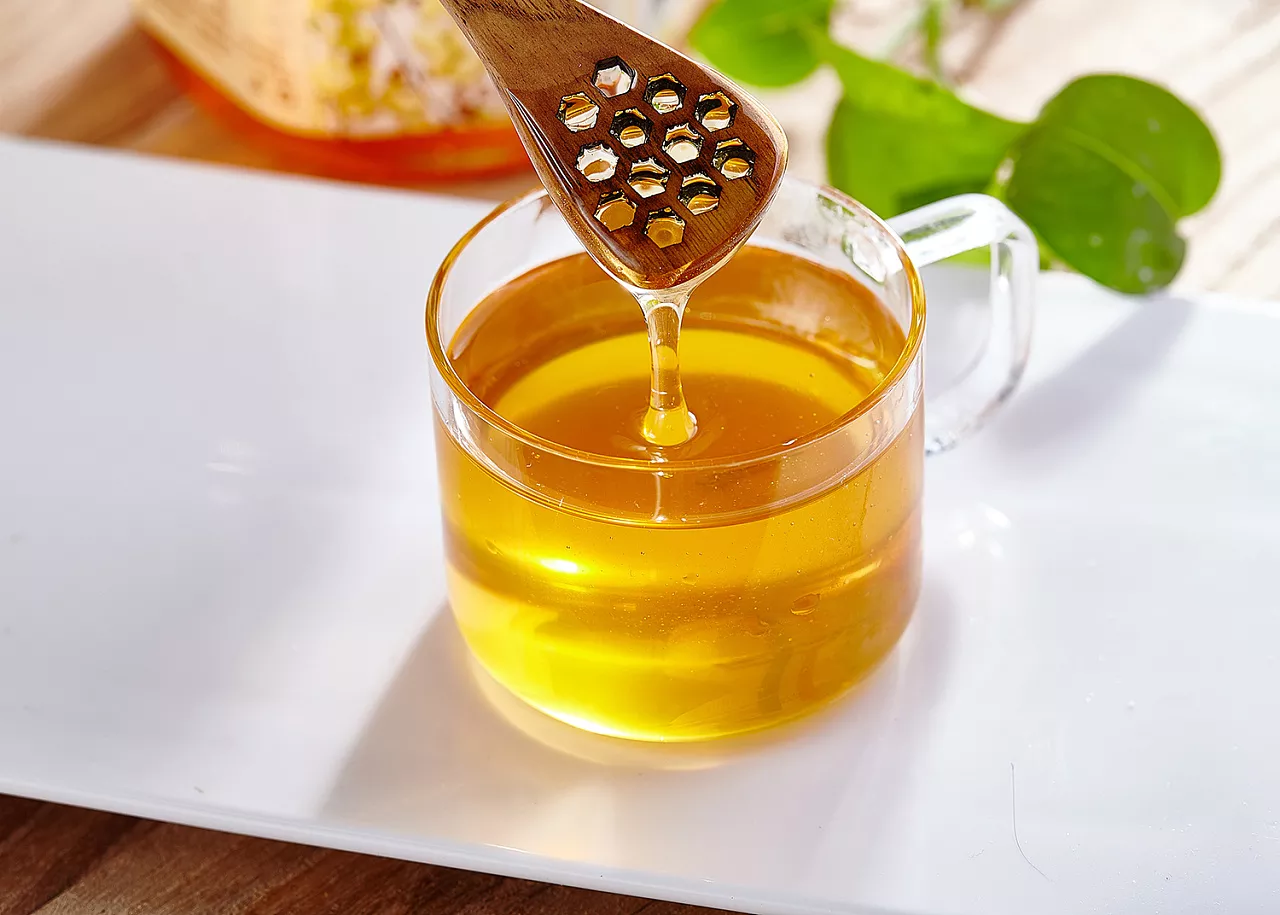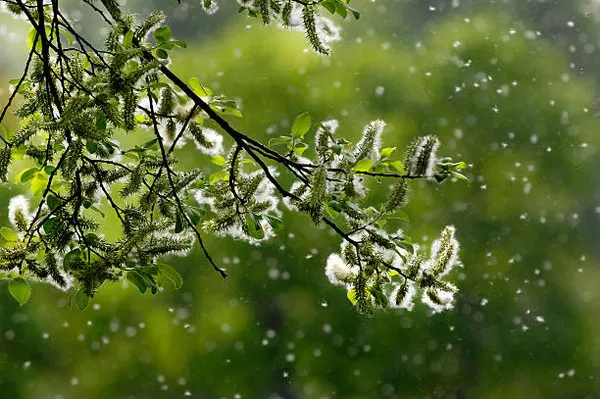Allergic rhinitis, commonly known as hay fever, is a condition characterized by inflammation of the nasal passages due to an allergic reaction to pollen, dust mites, animal dander, or other airborne allergens. Symptoms may include sneezing, nasal congestion, runny nose, itchy eyes, and throat irritation, which can significantly impact quality of life. While various remedies and treatments are available to manage allergic rhinitis, there has been ongoing debate about the efficacy of honey as a natural remedy. In this comprehensive guide, we’ll explore the potential benefits of honey for allergic rhinitis, examine scientific evidence supporting its use, and provide insights into how to incorporate honey into your allergy management routine.
Understanding Allergic Rhinitis
Before delving into the potential benefits of honey for allergic rhinitis, it’s essential to understand the condition itself. Allergic rhinitis occurs when the immune system overreacts to allergens in the environment, triggering inflammation and irritation of the nasal passages. This allergic response can be seasonal, occurring during specific times of the year when pollen counts are high (known as seasonal allergic rhinitis or hay fever), or perennial, occurring year-round due to exposure to indoor allergens such as dust mites, pet dander, or mold.
Common symptoms of allergic rhinitis may include:
1. Sneezing
2. Nasal congestion
3. Runny nose (rhinorrhea)
4. Itchy or watery eyes
5. Postnasal drip
6. Sore throat
7. Fatigue
Allergic rhinitis can have a significant impact on daily functioning, affecting sleep quality, productivity, and overall well-being. While various medications, such as antihistamines, decongestants, and nasal corticosteroids, are available to manage symptoms, many individuals seek alternative or complementary therapies to alleviate their allergy symptoms, including the use of honey.
The Honey Debate: Potential Benefits for Allergic Rhinitis
Honey has been touted as a natural remedy for a wide range of health conditions, including allergic rhinitis. Proponents of honey argue that it contains trace amounts of pollen, which, when consumed regularly, can desensitize the immune system to allergens and reduce allergic symptoms. Additionally, honey is believed to have anti-inflammatory and antimicrobial properties, which may further contribute to its potential benefits for allergic rhinitis.
Exploring the Scientific Evidence
While the anecdotal evidence supporting the use of honey for allergic rhinitis is plentiful, scientific research on this topic is limited and inconclusive. Several small-scale studies have investigated the efficacy of honey for allergic rhinitis, but results have been mixed.
Local Honey: Some studies have suggested that consuming locally sourced honey, which contains small amounts of pollen from local plants, may help desensitize the immune system to allergens and reduce allergic symptoms. However, the evidence supporting this claim is limited, and more research is needed to confirm these findings.
Processed Honey: Processed honey, which undergoes filtration and heating to remove pollen and other impurities, is unlikely to provide any therapeutic benefit for allergic rhinitis, as it contains minimal amounts of pollen.
Honey and Symptom Relief: While some individuals may experience symptom relief from consuming honey, particularly if it contains pollen from allergenic plants, the effects are likely to vary depending on individual factors such as the type and severity of allergies, the amount of honey consumed, and other environmental factors.
Overall, while honey may provide temporary relief for some individuals with allergic rhinitis, it should not be considered a substitute for conventional medical treatment. Individuals with severe allergies or asthma should consult with a healthcare professional before using honey or any other natural remedy to manage their symptoms.
Incorporating Honey into Your Allergy Management Routine
If you’re considering using honey as a natural remedy for allergic rhinitis, here are some tips to help you incorporate it into your allergy management routine:
Choose Raw, Local Honey: Opt for raw, unprocessed honey sourced from local beekeepers, as it is more likely to contain trace amounts of pollen from local plants.
Start Slowly: Begin by consuming small amounts of honey and gradually increase the dosage over time to assess your tolerance and response to the treatment.
Monitor Symptoms: Keep track of your allergy symptoms before and after using honey to determine whether it provides any relief. Note any changes in sneezing, nasal congestion, runny nose, and other allergy symptoms.
Combine with Other Treatments: Honey should be used in conjunction with other allergy management strategies, such as avoiding known allergens, using prescribed medications as directed, and implementing environmental controls to reduce exposure to allergens in the home.
Consult with a Healthcare Professional: If you have severe allergies or underlying medical conditions, consult with a healthcare professional before using honey or any other natural remedy to manage your symptoms. They can provide personalized recommendations based on your individual health needs and circumstances.
Conclusion
While honey has been touted as a natural remedy for allergic rhinitis, scientific evidence supporting its efficacy is limited and inconclusive. While some individuals may experience symptom relief from consuming honey, particularly if it contains pollen from local plants, it should not be considered a substitute for conventional medical treatment. If you’re considering using honey as a natural remedy for allergic rhinitis, consult with a healthcare professional to ensure that it is safe and appropriate for you. By taking a holistic approach to allergy management and incorporating evidence-based treatments, you can effectively manage your symptoms and improve your quality of life.
[inline_related_posts title=”You Might Be Interested In” title_align=”left” style=”list” number=”6″ align=”none” ids=”7634,7243,7240″ by=”categories” orderby=”rand” order=”DESC” hide_thumb=”no” thumb_right=”no” views=”no” date=”yes” grid_columns=”2″ post_type=”” tax=””]
































